
Article Fontainebleau Bouldering: 'Nobody could foresee what's happening here'
As the French mecca of bouldering is grappling with overtourism, a new study aims to understand climbing's impact on Fontainebleau
Sweden's official high point has had to be revised, after ice loss on the south summit of Kebnekaise. A survey this summer found that the mountain's ice-bound south summit has shrunk to 1.2 metres lower than the rocky and more technically difficult north summit, which at 2096.8m now takes on the main summit status. This is the lowest the south summit ice cap has been since records began.
Depending on seasonal snow cover the height of the southern peak varies by around three metres. The summit is at its tallest in May after the winter snowfall, and lowest after the summer melt.
Kebnekaise's southern peak is now 24m lower than in the 1960s.
"This is the lowest height ever measured. Over the past 50 years, the height of Kebnekaise's southern peak has decreased by 24 metres," said Gunhild Ninis Rosqvist, a geography professor at Stockholm University, who has been in charge of the annual survey of Kebnekaise.
This post has been read 11,477 times
Return to Latest News
As the French mecca of bouldering is grappling with overtourism, a new study aims to understand climbing's impact on Fontainebleau


Outdoor folk can play an important role in the conservation of rare species in wild and remote places. Here Annie Ives, Project Officer for the Bumblebee Conservation Trust, explains why a particular cold-adapted, mountain-dwelling bee...


Most walkers pay little heed to the paths they rely on, yet without maintenance a busy trail will soon degenerate into a spreading scar. Path work is both hard graft and highly skilled. So what does it take to build an upland trail? Dan...
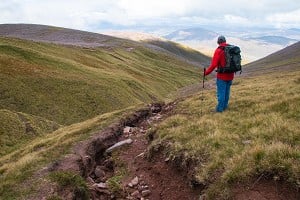
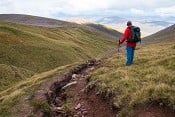
As hillwalking gains in popularity the paths that we take for granted...
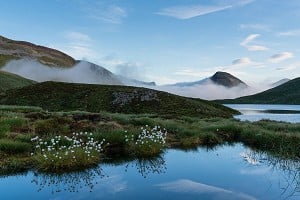
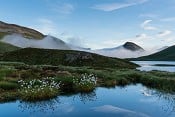
On a typical hill day we may think a lot about distant views, but are we as attentive to the...
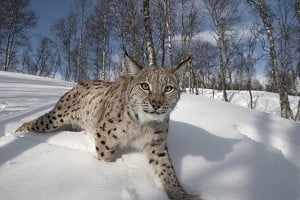
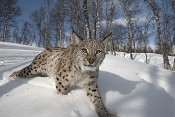
Across Europe the lynx is making a comeback. Why not in the woods and hills of the UK too? Following...
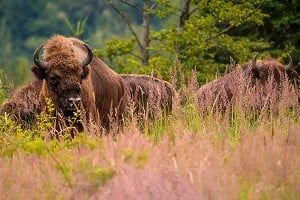
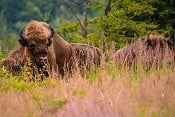
The UK has some of the lowest biodiversity on earth. Most of our uplands are...
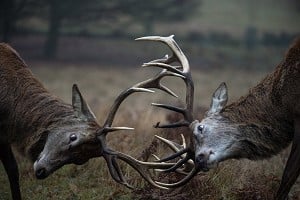
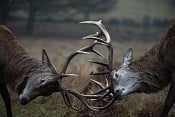
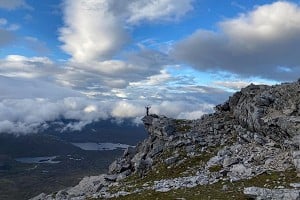
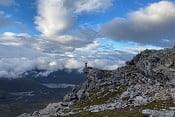
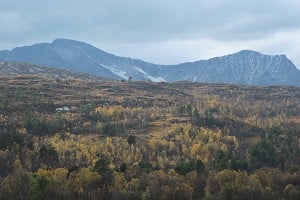
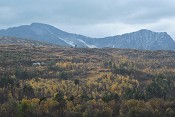
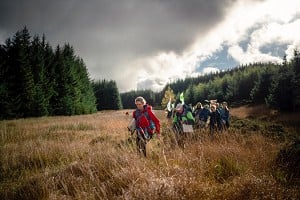
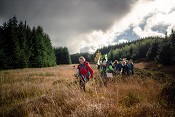
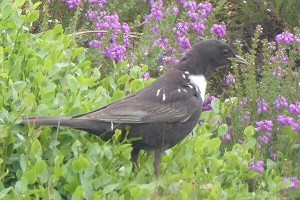
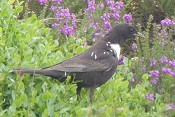
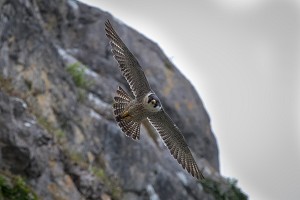
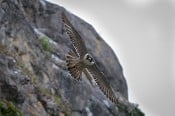
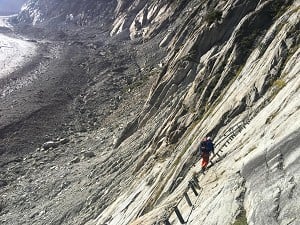
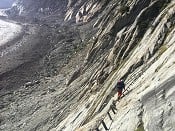






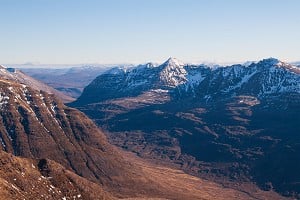
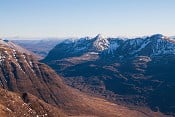














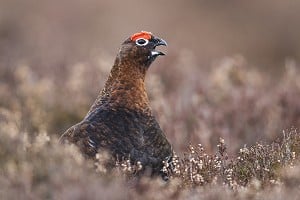
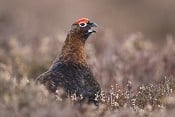


Please consider becoming a registered user. This is a great help to UKC and gives you access to all these great features:
Already registered? Login
We keep your data private

Comments
A Kurt response